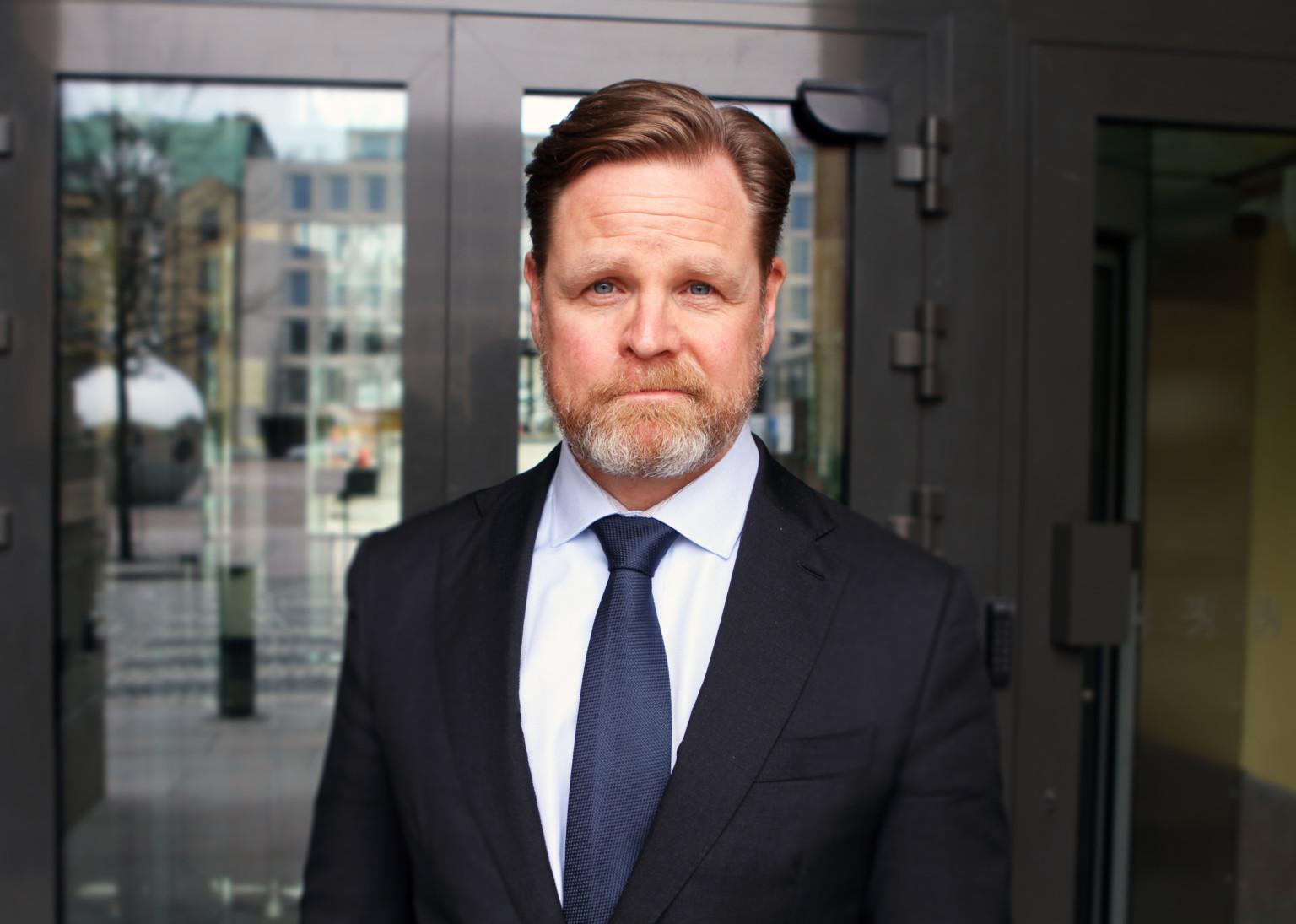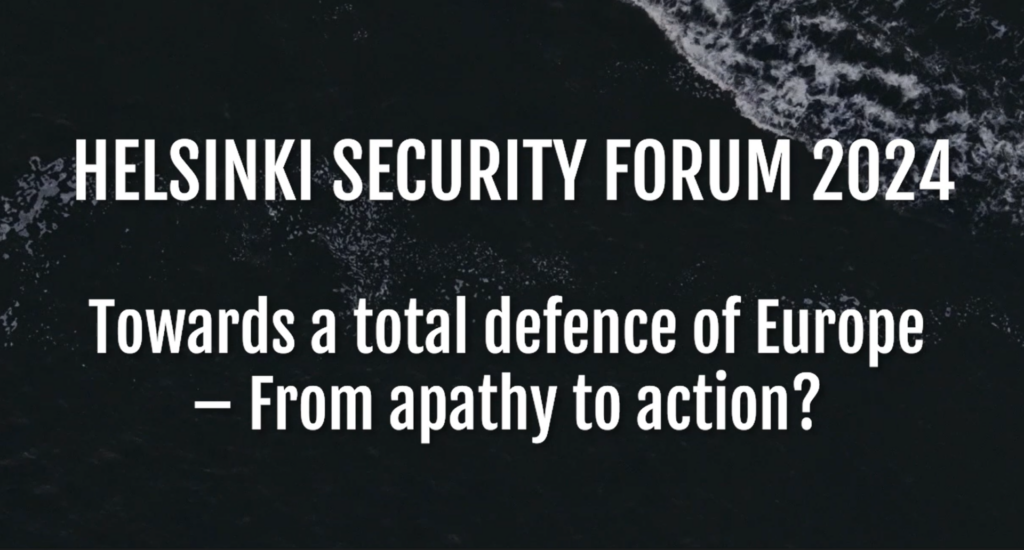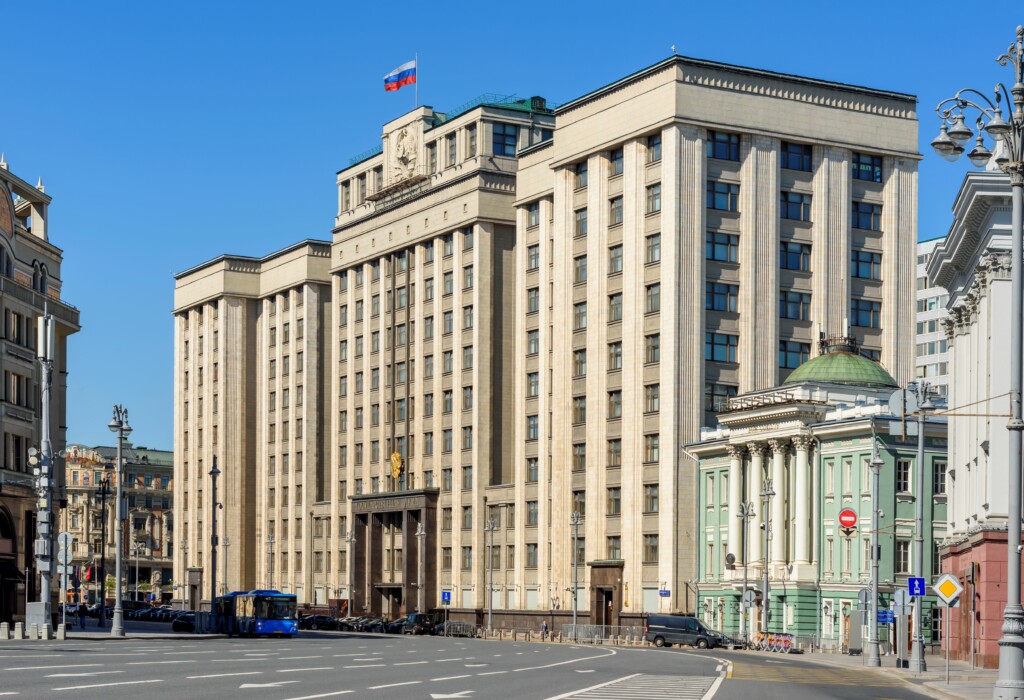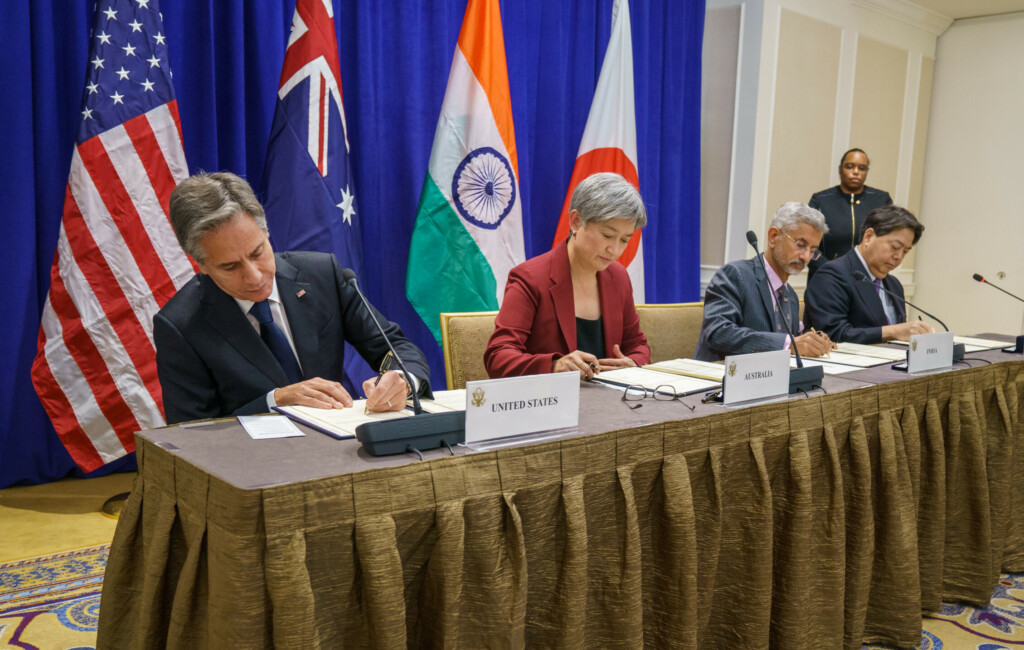Publications

Janne Kuusela – Finland’s Defence and Accession to NATO
Janne Kuusela, Director General of the Defence Policy Department at the Finnish Ministry of Defence
– Russia’s attack in Ukraine has serious long-term consequences. The whole of Europe will face a more uncertain future – and this applies to the Baltic Sea Region and the High North as well.
One of the many ramifications from the dramatic changes to the security landscape was Finland’s decision to apply for NATO membership. This decision was based on in-depth analysis on how to maximise the security of Finland in the future, but also more broadly on wider implications in the region and in the Euro-Atlantic area. Based on these assessments, Finland made a sovereign decision to apply for membership. The decision enjoys strong political and popular support.
At the NATO summit in Madrid, several important decisions were made and the course for the future of Allied security and defence was set for years to come. The new Strategic Concept, combined with a range of practical measures, will take NATO’s deterrence and defence to a new level. Moreover, the Alliance decided to invite Finland and Sweden to become members of NATO, and agreed to sign the Accession Protocols. By the beginning of August, 23 NATO nations had also ratified the Accession Protocols.
In Finland, we look forward to participating in the implementation of the Madrid decisions. Interoperability with NATO has long been a guiding principle in the development of our defence. We have developed the Finnish Defence Forces in such a way that there are no practical obstacles to NATO membership. The integration of Finnish defence into NATO’s collective defence system will no doubt entail new effects and features for both NATO and Finland. But a number of key features in our security and defence will also remain.
The “Finnish receipt” is built on concepts such as a high level of trust and equality within society, strong democracy, a focus on education and technological edge, as well as a strategic culture for stable long-term planning. We firmly believe that these building blocks will remain vital ingredients for the security and defence of a small nation wanting to be a security provider.
It is also well understood that security does not come without a cost. With the political decisions made so far, Finland’s defence spending has tallied 2 % of GDP throughout the 2020’s. From 2023 until the end of the decade, an average of almost 50% of the defence spending will be directed to defence equipment expenditure.
The main purpose of Finland’s defence has always been to deter any use of military force against our country. And, if needed, to defend ourselves against any attacks. Due to our geostrategic location, this approach has never been put into question. Joining NATO does not change the fact that Finland´s defence continues to rely on Finnish citizens’ strong will to defend their country, society and democracy. General conscription and large well-trained reserves, as well as voluntary defence activities and a comprehensive whole-of-society security system, will remain among the main elements in Finnish defence.
We have concluded that general conscription is the best means for Finland to train a sufficient number of troops to fulfil the tasks of the Defence Forces. It is an efficient way to arrange the defence of a geographically large country like ours, with a population of approximately 5.5 million. Annually some 22,000 young men and women complete the service.
The conscription system generates a sizeable, capable and versatile reserve, which ensures territorial coverage and sustainability in a long-lasting or large-scale crisis. At any given moment, Finland can start arming trained conscripts, selected reservists and active personnel within hours, and deploy a tailored force of up to thousands of combatants to defence tasks. The full wartime mobilization strength is 280,000 soldiers, from a total of 900,000 reservists.
Finland will also continue to invest in important defence relationships, which will be affected in a positive way by its eventual NATO membership. These relationships have been built on common strategic interests among participants, even while Finland has been militarily non-allied. The strength and value of these relationships have been very visible, especially this year. An unprecedented number of forces from our most important partner countries have been training with Finnish forces in the air, land and sea domains.
Bilateral, trilateral and multinational engagements with key partners become more tangible and effective as the NATO/non-NATO barriers are being removed. This opens new possibilities in multinational groups such as the Joint Expeditionary Force, Nordic Defence Cooperation and the Northern Group. NATO membership will also provide new impetus for Finnish efforts to support further development of the EU’s defence, which remains a high priority. All EU efforts also support NATO and make Europe a better transatlantic partner.
The strategic challenge that Russia’s war in Ukraine is causing us is multifaceted; it is military, as well as societal and psychological. The effects will be cross-cutting within our societies, and therefore require long-term efforts on resilience. Dealing with this new reality will require a comprehensive approach including conventional and strategic military tools, but also cross-sectoral efforts, nationally and multinationally, by NATO and the EU. The Western support to Ukraine has demonstrated what “complementarity” really means in transatlantic security and defence.
Finland is a country that has always taken her defence very seriously and continues to invest in defence. From now on, we will do this together with our Allies. Finland shares NATO’s “360 degrees” approach to security. Global security developments increasingly affect our security, call on us to enhance security in our neighbourhood, and support those areas that face conflicts and instability. We believe that Finland’s defence capability and resilience will strengthen NATO’s collective defence throughout the territory of the Alliance, and continue contributing to the stability of Northern Europe.
The initiative to organise Finland’s first international foreign and security policy conference, Helsinki Security Forum, speaks volumes about Finland’s contribution to comprehend and respond to the recent changes in our security environment. The theme of HSF 2022, Northern European Security Redone, will without a doubt produce vibrant discussion and reflection among the key experts and decision-makers of our time.
***
Janne Kuusela is Director General of the Defence Policy Department at the Finnish Ministry of Defence

Helsinki Security Forum 2024 addresses the need for European total defence
The third annual Helsinki Security Forum (HSF) will be held on 27–29 September 2024. This year’s conference is titled Towards...

for HSF Blog
Rejecting Russian Spheres of Influence
The EU has rejected the language of spheres of influence in favour of an international order based on common rules...

for HSF Blog
Reverberations in the Indo-Pacific of the War in Ukraine
Russia’s war of aggression against Ukraine has had significant ripple effects in Indo-Pacific security dynamics and ongoing great-power competition.